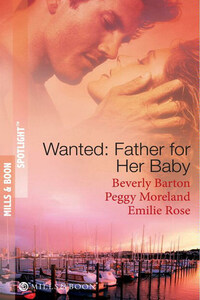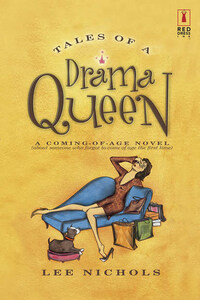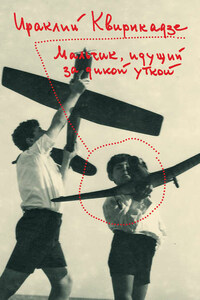This novel is entirely a work of fiction. The names, characters and incidents portrayed in it are the work of the author’s imagination. Any resemblance to actual persons, living or dead, events or localities is entirely coincidental.
Fourth Estate
A division of HarperCollinsPublishers Ltd. 1 London Bridge Street London SE1 9GF
www.harpercollins.co.uk
First published in Great Britain by HarperCollinsPublishers 2000
Copyright © Salley Vickers 2000
www.salleyvickers.com
Salley Vickers asserts the moral right to be identified as the author of this work
A catalogue copy of this book is available from the British Library
All rights reserved under International and Pan-American Copyright Conventions. By payment of the required fees, you have been granted the non-exclusive, non-transferable right to access and read the text of this ebook on-screen. No part of this text may be reproduced, transmitted, down-loaded, decompiled, reverse engineered, or stored in or introduced into any information storage and retrieval system, in any form or by any means, whether electronic or mechanical, now known or hereinafter invented, without the express written permission of HarperCollins ebooks
HarperCollinsPublishers has made every reasonable effort to ensure that any picture content or written content in this ebook has been included or removed in accordance with the contractual and technological constraints in operation at the time of publication
Source ISBN: 9780006514213
Ebook Edition © FEBRUARY 2010 ISBN: 9780007364336
Version: 2016-09-19
An introduction to one’s own book is an odd thing to write because, inevitably, it must be written after finishing the book–in this case some time after. So, in a sense, although this appears at the start of this book it is not an ‘introduction’ at all, more of an afterword. But if you are anything like me you won’t be reading this till you have finished the book, anyway–if at all!
‘Miss Garnet’s Angel’ has been out in the world for some time now and has its own life, which often feels to have precious little to do with me, its author. I’m not even sure if an author is the best authority on her own work–many people write to me with questions, but also people write and tell me (in effect) that I am wrong about certain things they have heard me say, or read I have said about the book.
I must admit this last tendency, the correcting me on my own work, amuses me. But it also delights me because it proves something I have always believed: that a book is a meeting place between author and reader and that the reader brings almost as much creative power to bear on the book as the person who has written it. Certainly, we authors need readers, not merely to buy and read our books, essential as that is–after all, if you don’t buy our books we can’t get to write and publish more, so you, the readers, have in fact a great power in your hands and can influence what is or isn’t published which, in turn, affects public taste. But authors also need readers to understand what they write, and in the act of being, variously, comprehended a book can grow–even grow wings, which this one certainly has.
I’ve been charmed by the widespread communications I’ve received from round the world: from a Parsi librarian in Bombay, from a monastery in the Australian outback, from a hut in Hawaii, a remote island in Greece, an office in Argentina, a croft in Scotland, a boat on the Adriatic Sea. People sometimes apologise for ‘bothering’ me when they write but goodness knows why–for nothing is more interesting and valuable to a writer than hearing how a book has gone down. Hearing from, and talking with, my readers has expanded my own thinking and understanding.
And along the way, another prejudice of mine has been confirmed, which is that readers’ intelligence is often woefully underrated. Aspects of the book which literary critics–positive as they have been–and even my vigilant editor missed have been picked up by sharp-witted readers. For example, the novel is composed of two stories which parallel and reflect each other but, I hoped, not so obviously as to be intrusive and distract from the simple enjoyment of an unfolding story of one woman’s life. In the old tale of Tobias and the Angel, the Archangel Raphael appears in disguise–this occurs in the contemporary story, but more obliquely, unannounced or commented upon, and readers, I’m happy to say, often spot this hidden theme. The ancients believed that ‘higher’, or ‘lower’, beings revealed themselves to humankind in human form–they didn’t necessarily expect visions or visitations; but the acts of exceptional kindness, or mercy, or forgiveness, as well as their opposites, which humans beings are capable of are perhaps the contemporary equivalent of the old belief in intervening supernatural powers, both malign and benign.













